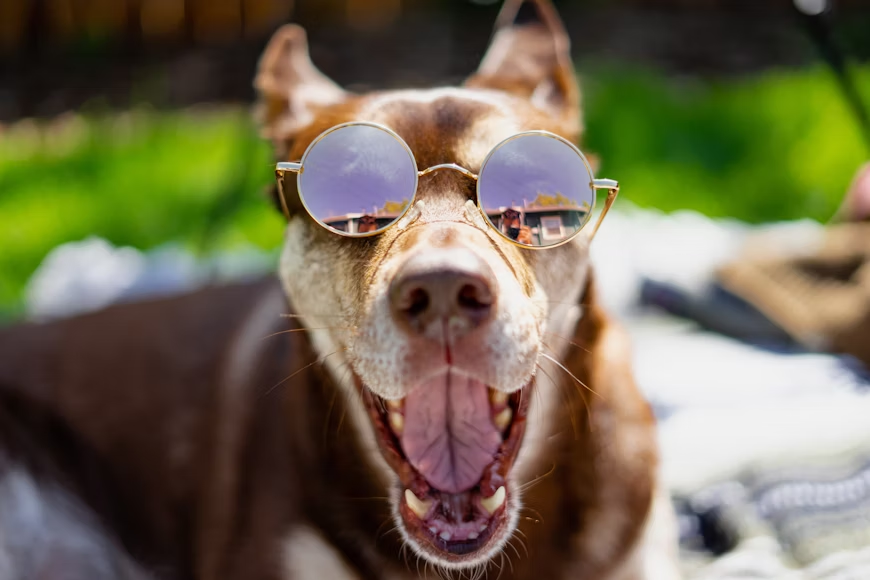Dog grooming isn’t just about looks—it’s crucial for your pet’s health and happiness. Regular brushing and cleaning do more than make your dog look good. They help prevent health problems, keep your dog comfortable, and bring you closer to your furry friend. Every dog needs regular grooming, whether they have long hair that needs lots of care or short hair that’s easier to manage. Making grooming a habit is key for all dog owners. Here’s why you should groom your dog often:
Keeps Skin and Coat Healthy
Regular grooming has a direct impact on your dog’s skin and coat health. Brushing gets rid of dirt, debris, and loose fur, and spreads natural oils to keep the coat gleaming and the skin hydrated. Dogs can develop mats and tangles without frequent brushing, which can cause skin irritation, infections, and discomfort.
Bathing when done as needed with suitable products, cleans the skin and cuts down on allergens. It also lets you check to see if there are any unusual things like lumps, rashes, or bugs that you might not notice otherwise.
Stops Painful Health Problems
Skipping grooming can cause many health issues that you can avoid. When nails grow too long, they might hurt your dog, change how it walks, and even harm its joints as time goes by. Ears that aren’t clean can become places where germs and yeast grow, leading to painful ear infections. Many people forget about dental care, but it’s a key part of grooming—brushing teeth often or getting them cleaned by a pro can stop gum disease and keep teeth from falling out.
When you make grooming a regular thing for your dog, you’re not just keeping them clean—you’re also stopping them from feeling bad and having health problems later on.
Makes Dogs Feel Better and Move Comfortably
Dogs feel better when they’re clean and well-groomed. Getting rid of extra fur when dogs shed, helps control body heat and lowers the chance of overheating. Cutting the hair around the eyes, paws, and private areas makes it easier to move, and stay clean.
For older dogs or dogs that have trouble moving, regular grooming can help. It protects their joints and muscles from extra stress caused by tangled fur or long nails. A dog that’s well-groomed is comfier, more active, and enjoys daily tasks.
Helps Spot Health Issues
Grooming sessions give you a chance to check your dog’s health hands-on. When you brush, bathe, or trim your dog, you can spot changes in their body—like new lumps, skin color changes, swelling, or signs they’re hurting. If you find these issues, you can get them diagnosed and treated faster, which might save your dog from bigger health problems later.
Professional groomers know how to spot trouble signs too. If you happen to live in the area, pet grooming in Encinitas, can provide expert care for your dog’s coat and nails. Your groomer can also keep an eye out on possible health concerns.
Strengthens the Human-Animal Bond
Grooming does more than just clean your dog—it has an influence on building trust and strengthening your bond. When you groom your dog often, it can turn into a relaxing connecting experience. It teaches your dog to accept handling, which matters for vet check-ups and other interactions.
To get your dog used to grooming, start when they’re young. This helps them feel at ease with touching and handling. For grown dogs, regular grooming can become a comforting routine that reinforces your role as a caring and attentive friend.
Conclusion
Grooming your dog often isn’t just about making them look good—it plays a big role in keeping them healthy, comfy, and happy. It does more than you might think, from stopping painful issues to building a stronger bond between you two. When you make grooming a regular thing in your dog’s life, you’re doing them a real favor. It helps them stay in top shape and feel great every day. Whether you do it yourself at home or take them to a pro, your pup will show their thanks with a wagging tail. Plus, it leads to a healthier and happier life for them. So, don’t skip out on grooming—it has a huge impact on your furry friend’s overall well-being.

















